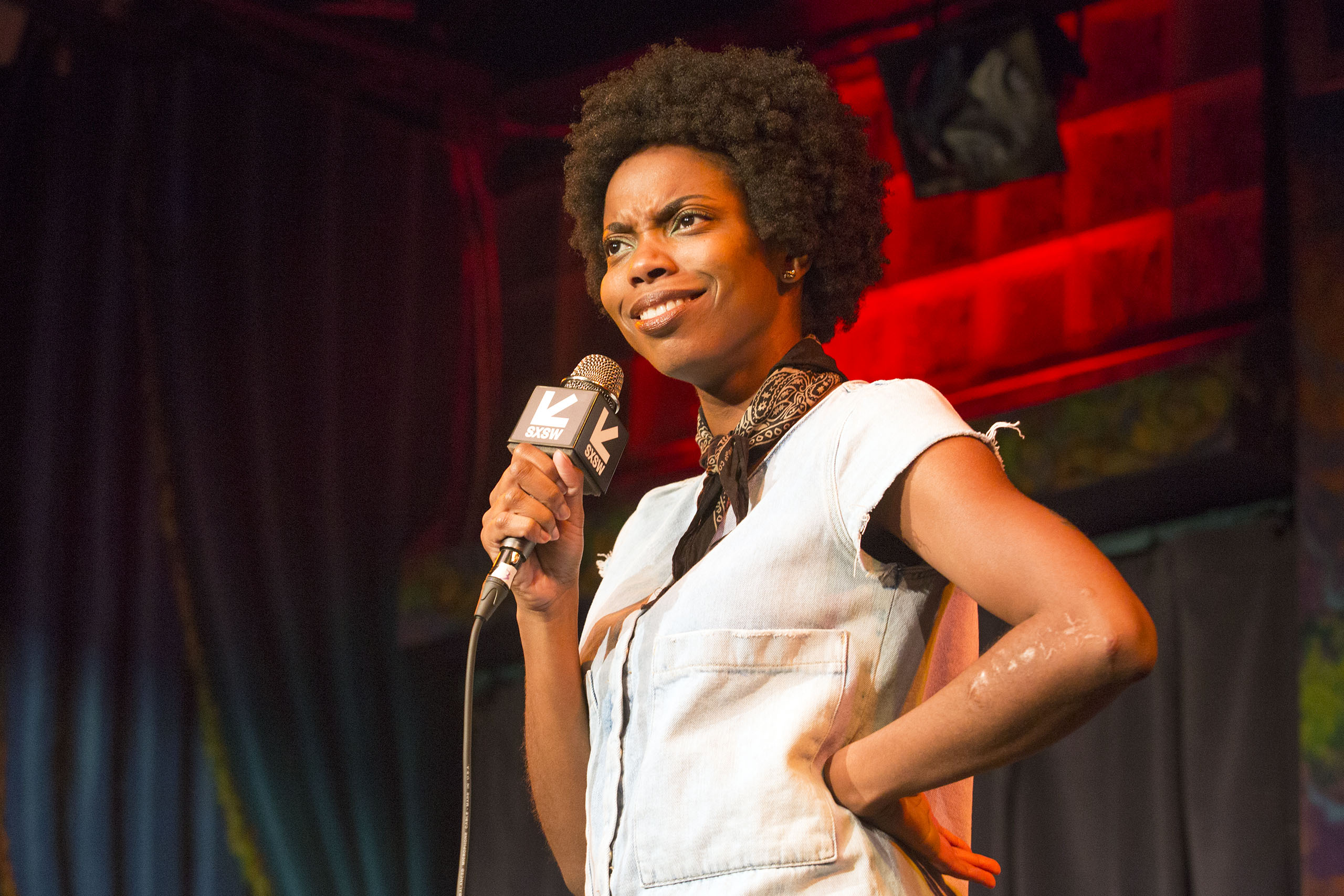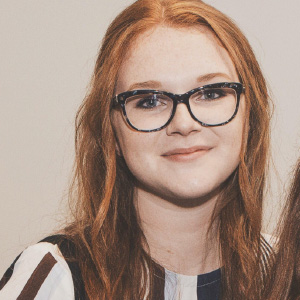Hasan Minhaj, Sasheer Zamata and Trevor Noah are part of a new generation of comedians who aren’t afraid to tackle big issues in their stand-up sets. At the risk of making some audience members and viewers uncomfortable, these comedians challenge the traditional role of the comedian and engage with political issues such as racism and sexism, making strong statements and making people laugh at the same time. Zamata, Noah and Minhaj tell real-world stories of their own struggles in America to forge a new, politically active space in comedy. And yes, they’re funny too.
1. Hasan Minhaj, “Homecoming King”
Hasan Minhaj has made a name for himself as a correspondent on “The Daily Show.” One of Minhaj’s most memorable moments on the show happened shortly after Donald Trump was elected: Minhaj laid his anger, fear and heartbreak on the table, saying that if Trump bans all Muslims, his mom wouldn’t be able to return from India. “That is my mom, and I need her back home, because I love her,” said the thirty-one-year-old comedian. “And she owes me three hundred dollars.” The moment demonstrated Minhaj’s ability to follow an emotional gut-punch with a relieving injection of humor, which is what makes his comedic style so powerful.
On May 23, Hasan Minhaj’s stand-up special, “Homecoming King,” began streaming on Netflix. Performed live in his hometown of Davis, California, Minhaj tells stories about growing up as the son of Indian immigrants. He jokes about the “conditional love” of immigrant parents, the trials of high school romance and meeting Jon Stewart. Lighthearted, hilarious anecdotes are punctuated with moments of deep emotion: Minhaj remembers watching his father hear Islamophobic slurs over the phone in the days after 9/11, and recounts the pain and shock of realizing that his high school crush’s parents didn’t want their white daughter to go to prom with a brown boy. Minhaj’s talent for storytelling and comedic timing allow him to take the audience on a journey through memories and injustices. His anger and joy are delivered with laughter, and the when the special ends, the viewer feels activated.
2. Sasheer Zamata, “Pizza Mind”
Sasheer Zamata is a former “SNL” cast member who was somewhat under-appreciated during her three-and-a-half seasons on the sketch show. Now that she has left “SNL,” however, Zamata is making a new name for herself in stand-up with her first hour-long special. Instead of playing characters like Beyoncé and Rihanna as on “SNL,” the Indianapolis-born comedian lets the world hear her real voice and see her true self—biting, fearless and more cynical than you’d expect. During her special, called “Pizza Mind,” Zamata performs her own fantastically irreverent material, and for many viewers, it feels like meeting her for the first time.
https://www.youtube.com/watch?v=kgDov9vDtqM
In “Pizza Mind,” which is available on Amazon, iTunes and Seeso, Zamata discusses personal topics such as life after “SNL” and her dating experiences, but she also delves into broader racial issues in America. The comedian tells anecdotes about white people mispronouncing her name, demanding a Beyoncé impression from her and confusing her with Kerry Washington.
Zamata criticizes how America likes to refer to itself as a melting pot, saying that melting down and assimilating the diverse ingredients dissolves the original flavors. “We should think of America less like a melting pot and more like a pizza, because all the ingredients are distinctly their own thing, working together to make a great meal,” says Zamata. “And it’s all held together with grease!” Now that Zamata is an independent comedian instead of a cast member on “SNL,” she is free to get political and let her opinions be heard. Stand-up comedy is a perfect medium for this type of expression, because it provides a platform for individuals to discuss their personal struggles against American social ills, in a space that’s made for listening and empathizing.
3. Trevor Noah, “Afraid of the Dark”
Trevor Noah, like Zamata and Minhaj, is no stranger to political comedy. After making a name for himself in comedy in his home country of South Africa, Noah landed the highly coveted hosting job at Comedy Central’s “The Daily Show.” While at the helm of a show that aims to both educate and entertain, Noah’s job is to find the humor in the ridiculous, often tragic goings-on of this country. Noah has a talent for mingling the serious with the lighthearted, and this talent is seen in his stand-up performances as well as his television presence.
In his 2017 stand-up special, “Afraid of the Dark,” Noah takes on pressing political issues, from global imperialism and colonialism to xenophobia in America. This may sound like a Poli-Sci lecture that you’re willing to skip, but the 33-year-old comedian’s self-effacing comedic styles makes discussions of heavy topics feel like a casual conversation with a funny friend. Noah encourages audience members to travel in order to see different points of view, saying that “traveling is the antidote to ignorance. It changes your mind, your perspective, how you believe, what you believe.” These nuggets of wisdom are what makes Noah’s stand-up so compelling: He’s cracking jokes and challenging audience members to be better people at the same time.
Comedy has immense political power because it weaves storytelling with social justice and wraps it all up in an irreverent, accessible package. These comedians represent a new generation of Americans who are diverse, angry and willing to talk about race, immigration and injustice anywhere. Older generations may consider these topics too heavy or contentious for mainstream comedy, but pushing racial discourse to the fringe of society only alienates marginalized voices further. The lived experiences of Minjah, Zamata, Noah and other Muslims, immigrants and people of color involve these “isms,” so it’s only natural that they become material for comedy.

















